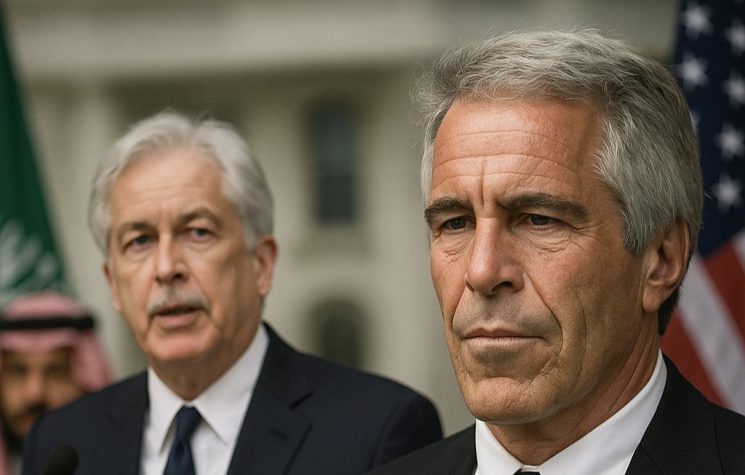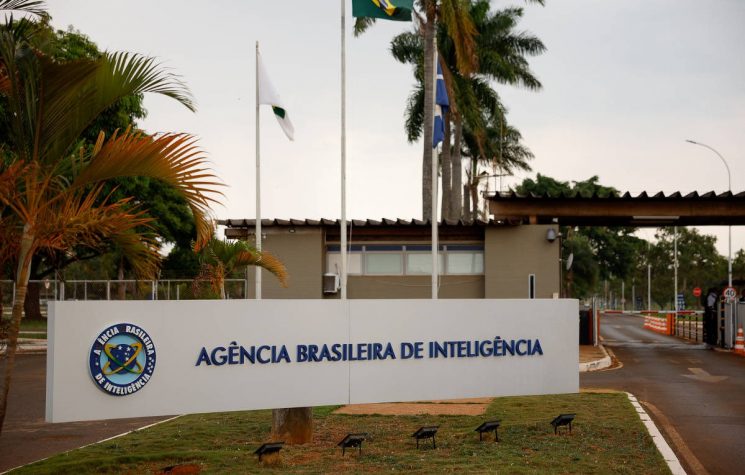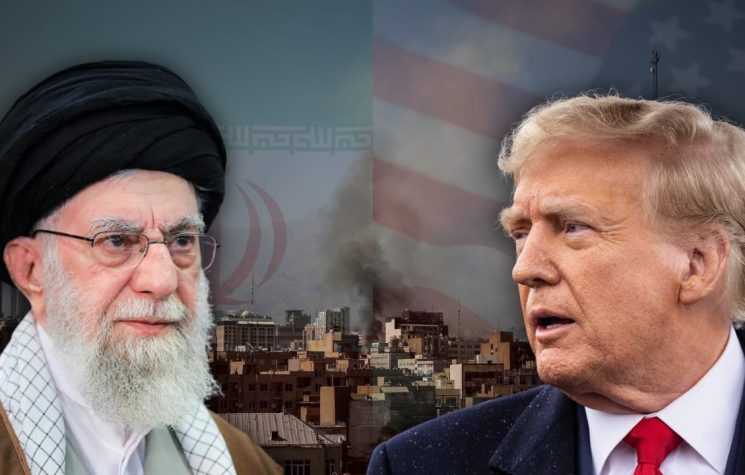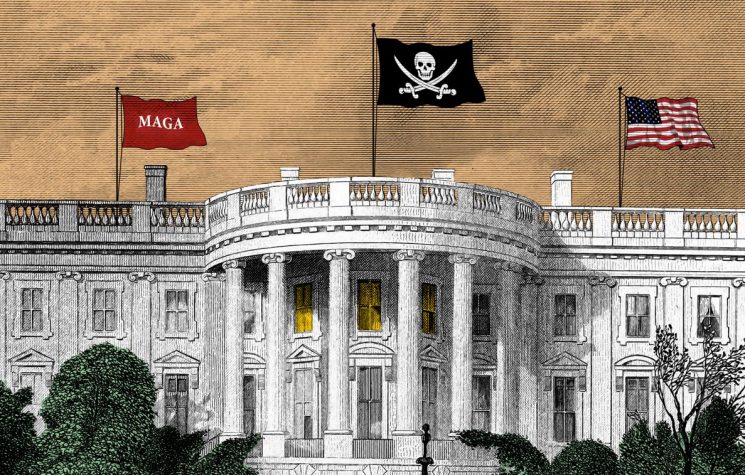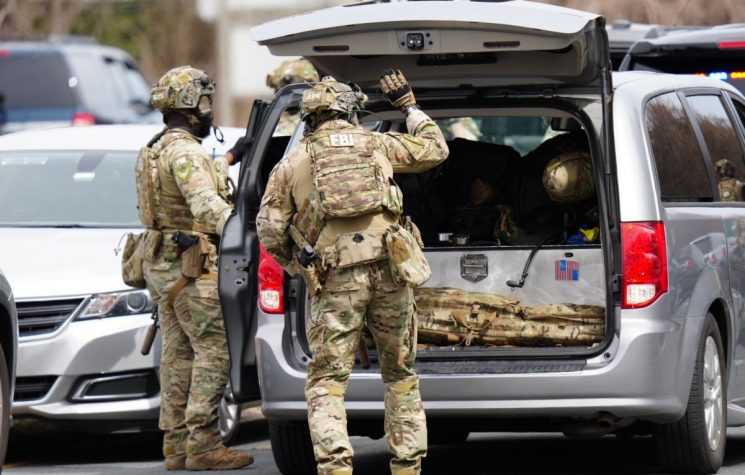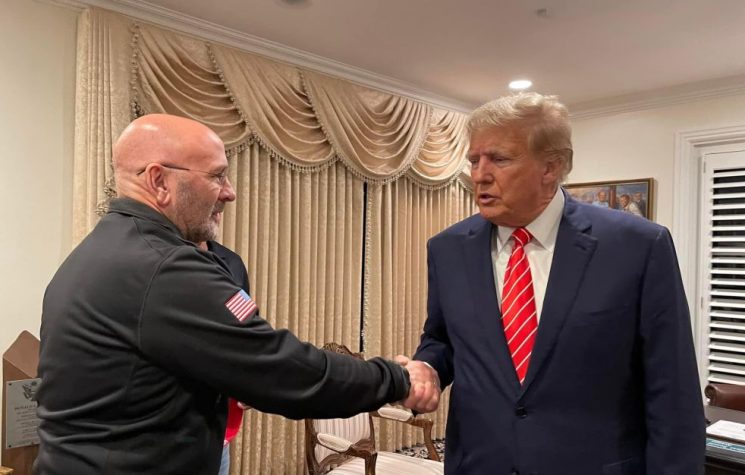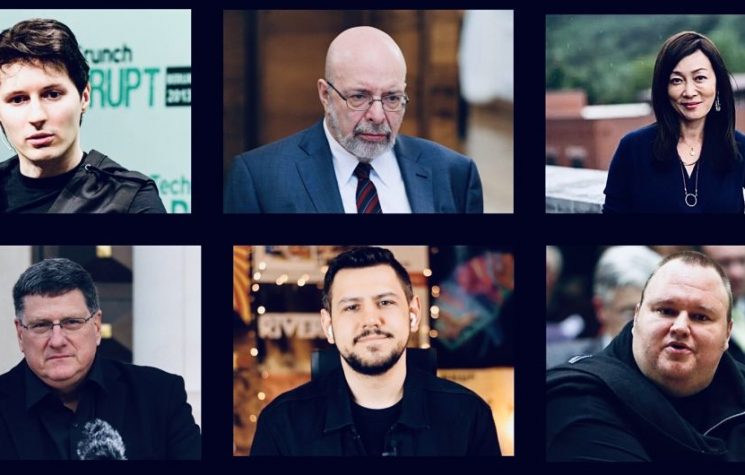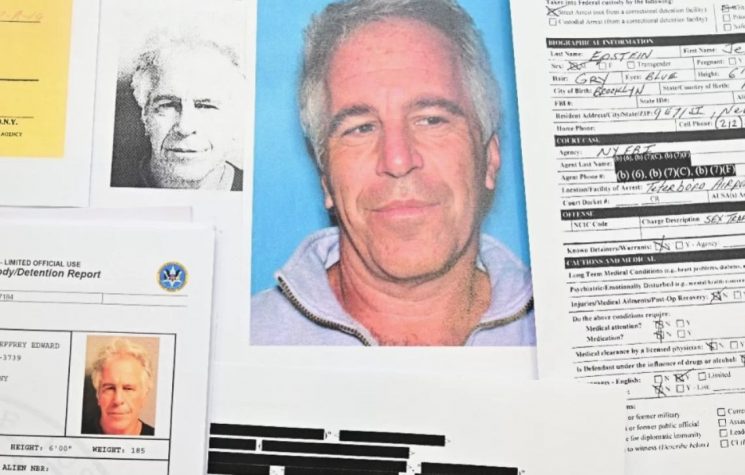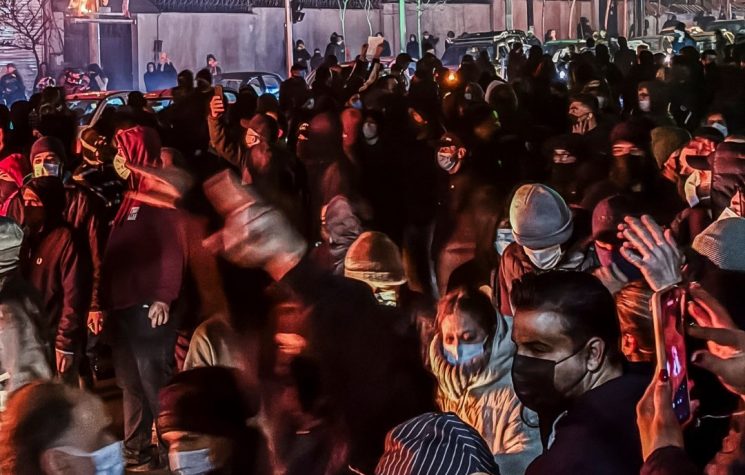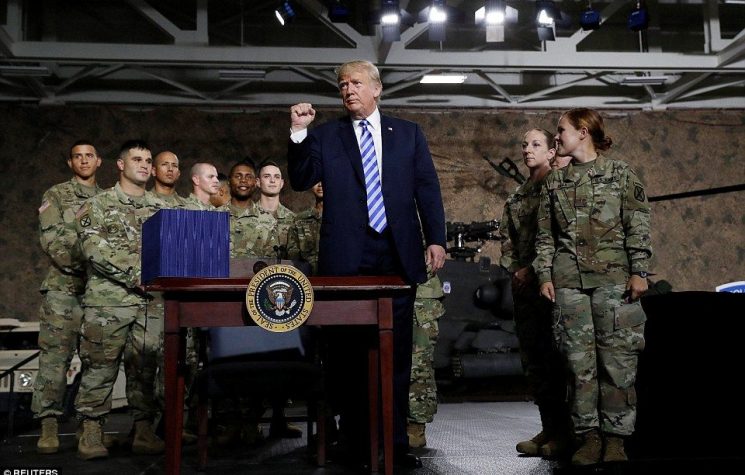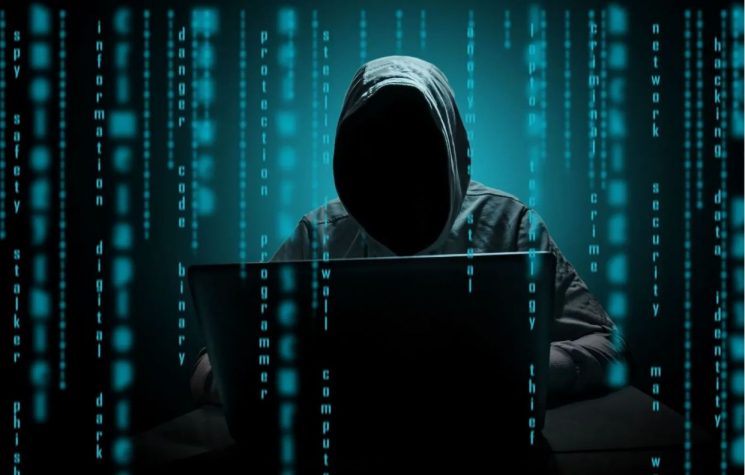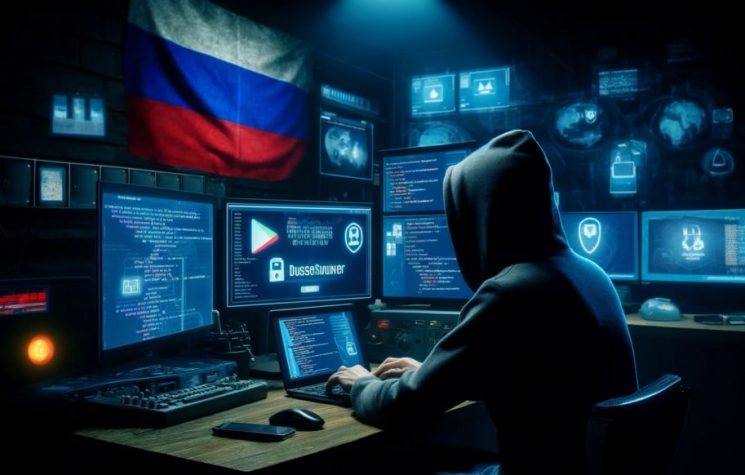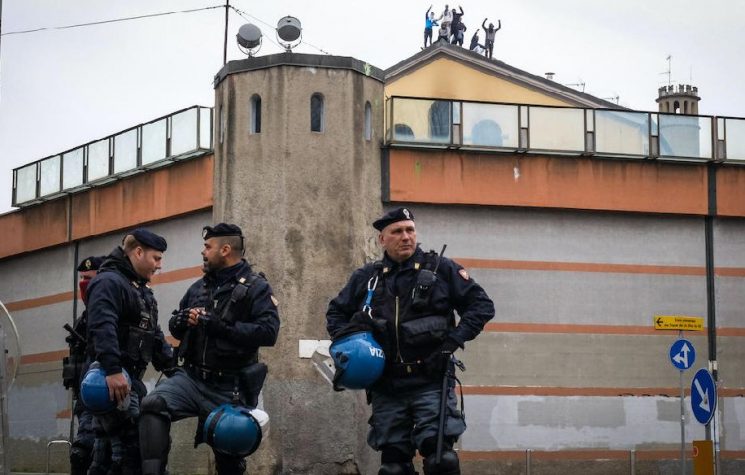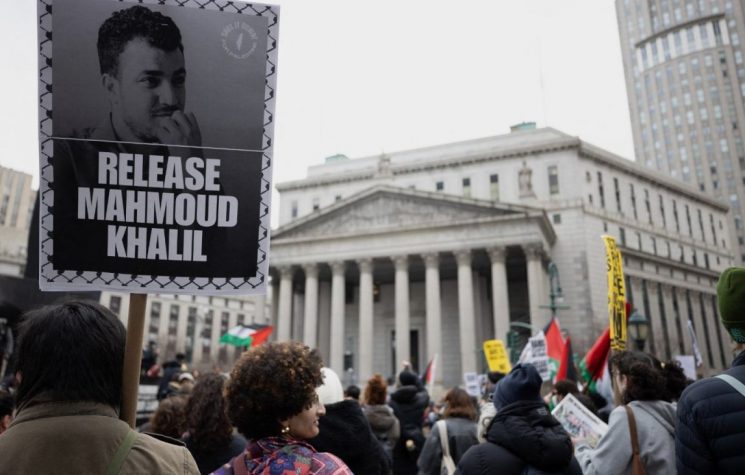A few years ago, Russian President Vladimir Putin disclosed that he didn’t use any mobile phone communications. Should anybody be surprised?
Contact us: info@strategic-culture.su
A brief look at Section 702 for warrantless tapping
The U.S. Intelligence Community (IC) consists of 17 federal agencies. The best known are the CIA, the FBI, and the NSA. Briefly, the task of the CIA is human intelligence, the FBI operates domestically with the main focus on terrorism, foreign intelligence operations, and espionage, while the NSA deals with electronic intelligence.
Initially, Congress enacted Section 702 due to the evolution of technology in the years after the Foreign Intelligence Surveillance Act (FISA) was passed in 1978. By the mid-2000s, many terrorists and other foreign adversaries were using email accounts serviced by U.S. companies. Because of this change in communications technology, the government had to seek individual court orders, based on a finding of probable cause, to obtain the communications of non-U.S. persons located abroad.
That proved costly.
The new procedure under Section 702 involved the Attorney General (AG) and Director of National Intelligence (DNI) submitting to the Foreign Intelligence Surveillance Court (FISC) certifications that specify categories of foreign intelligence that the IC can use Section 702 to collect. Such certifications may be effective for up to one year and must be resubmitted annually. The AG and DNI also submit to the rules designed to ensure that the IC only uses Section 702 without warrants to target foreign persons located outside the U.S. for the purpose of acquiring foreign intelligence information.
However, Congress established Section 702 in 2008 to legitimize an existing surveillance program run by the NSA without congressional oversight or approval. The program, more narrowly defined at the time, intercepted communications that were at least partly domestic but included a target the government believed was a known terrorist. While bringing the surveillance under its authority, Congress has helped to expand steadily the scope of the surveillance to include a new number of threats, from cybercrime and drug trafficking to arms proliferation.
Has such a seemingly orderly and lawful state of affairs prevailed for long in the U.S. Intelligence Community? The article will answer that question too.
Official explanations sound logical and convincing
Nothing better illustrates the practice of applying section 702 than examples of fighting terrorism. Let’s for instance, take a closer look at the case of Hajji Iman.
All told, the second-in-command of the self-proclaimed Islamic State of Iraq and al-Sham (ISIS), Hajji Iman, a non-U.S. citizen living in Northern Iraq, was in his earlier life a high school teacher and Imam who later turned to terrorism. His terrorist activities prompted the U.S. government to offer $7 million for information leading to his whereabouts.
The NSA, and its IC partners, spent over two years from 2014 to 2016 looking for Hajji Iman. This search was ultimately successful, primarily due to intelligence activities under Section 702. In addition, NSA collected a significant body of foreign intelligence about the activities of Hajji Iman and his close associates and began tracking their movements.
On March 24, 2016, during an attempt to apprehend Hajji Iman and two of his associates, shots were fired at the U.S. forces’ aircraft from Hajji Iman’s hide-out. U.S. forces returned fire, killing Hajji Iman and the other associates at the location. Subsequent Section 702 collection confirmed Hajji Iman’s death.
I remember that the case of Hajji Iman’s death was highly publicized at the time and idealistically-minded human rights activists insisted that he should have been captured and prosecuted. Similar objections were expressed earlier after gunning down unarmed Osama bin Laden of al-Qaeda in May 2011.
The people in charge of the IC insist that Section 702 is vital to keep the U.S. safe. To back this claim, they give a variety of examples.
Americans are still subjected to abusive searches of their private communications
Several controlling bodies are supposed to ensure no abuses under Section 702, such as annual reports from heads of agencies that collect foreign intelligence under Section 702. In addition, a similar job is done by Congressional notifications on the 702 program. In 2016, alone, the government was provided over 500 pages of reporting to Congress on the Section 702 program. If anything, one may have an impression that Section 702 has many highly-placed individuals keeping their fingers on the pulse to make sure that it is properly applied.
One may quote, for example, the 2014 Privacy and Civil Liberties Oversight Board report in which it was stated: “The government’s Section 702 program operates within legal constraints, collects valuable information, and is both well-managed and effective in protecting national security.”
One should emphasize that several commissions investigating terrorist attacks, including 9/11, Fort Hood, the “Underwear Bomber,” and the Boston Marathon Bombing, not only supported Section 702 but seemingly advocated removing barriers to the use of information already lawfully in the IC’s possession.
The rosy picture gets tarnished when the analysis of fighting terrorism includes private communications in the U.S. The IC is accused of spying on Americans.
It should be emphasized that enacted shortly after 9/11, Section 702 allows intelligence agencies to collect the phone calls, emails, text messages, and other communications of almost any non-American located outside of the United States without a warrant. Agencies such as the CIA and NSA must ensure that a significant purpose of Foreign Intelligence Surveillance Court (FISC) approves the general rules governing surveillance, but it has no role in approving individual targets.
Section 702 authorizes warrantless surveillance to be targeted only at non-Americans abroad, but Americans’ communications are “unavoidably’’ captured too. Simply because people talk to family, friends, and acquaintances who are located abroad, usually for reasons having nothing to do with terrorism or espionage.
Keeping this in mind, Congress directed intelligence agencies to “minimize” the retention and use of Americans’ information collected under Section 702. Yet, despite this clear mandate, officials from the FBI, CIA, and NSA perform more than 200,000 warrantless “backdoor” searches every year to find and assess Americans’ private phone calls, text messages, and emails.
Such infringements include some alarming abuses. The U.S. government has performed baseless searches for the communications of members of Congress, journalists, and 19,000 donors to a congressional campaign. Such violations may be still taking place. Besides, the FBI has performed “tens of thousands” of unlawful searches “in relation to civil unrest.” It targeted 141 people protesting the murder of George Floyd and more than 20,000 people suspected of involvement in the January 6, 2021, attack on the U.S. Capitol.
Most recently – and despite procedural changes implemented by the FBI to stem abuses – FBI agents performed improper searches for the private communications of a U.S. senator, a state senator, and a state court judge who reported alleged civil rights violations by a police chief to the FBI.
In response to these abuses, many lawmakers of different political orientations have vowed to reform the law. The key reform of Section 702 amounted to obtaining a warrant before examining Americans’ private communications. It is important to realize that under the Fourth Amendment of the U.S. Constitution, these communications can’t be obtained without a warrant only because the government is targeting foreigners abroad for surveillance. Nevertheless, backdoor searches result from such surveillance and amounted to nearly 5 million such searches conducted by the FBI from 2019 to 2022.
Beginning in the 1960s, the Supreme Court held that the government needed a warrant, not just to seize a person’s “papers,” but to surveil phone calls in criminal and domestic national security investigations. However, the court did not settle whether a warrant is needed for backdoor searches in conducting “foreign intelligence surveillance.”
A decade later, Congress answered that question. Congressional investigations by the Church and Pike Committees revealed in 1976 that the FBI, CIA, and NSA had illegally spied on civil rights and anti-war advocates for decades on baseless claims of Soviet influence. The FBI spied on and attempted to blackmail the Rev. Martin Luther King Jr. As King was just one of thousands of people targeted by federal agents, Congress implemented a series of reforms, one of which was the Foreign Intelligence Surveillance Act of 1978.
Under the law, if the government wanted to engage in domestic collection of Americans’ communications – including their communications with foreign targets – that would require a court order, similar to a criminal warrant, from the newly created Foreign Intelligence Surveillance Court (FISC).
This system worked for the next 22 years or so. But after the September 11, 2001, terrorist attacks, President George W. Bush’s administration wanted to collect communications of suspected foreign terrorists, including their communications with Americans, and it did not want to wait for FISC approval before doing so. So, it didn’t. Of course, in violation of FISA, the NSA began a massive, warrantless electronic surveillance program that collected large numbers of Americans’ international communications. It was only when this program was disclosed by The New York Times that the Bush administration went to Congress seeking legislative approval for the spying.
Congress responded favorably. The result was the FISA Amendments Act of 2008, of which Section 702 was a key component. As noted, Section 702 allows the government to collect foreign targets’ communications without a warrant, even if they may be communicating with Americans. But Congress did not envision (incredibly) that this would lead to millions of warrantless “backdoor” searches for Americans’ communications collected for foreign intelligence purposes.
When Section 702 was set to expire on April 19, 2024, Republican Speaker of the House Mike Johnson scheduled a vote a few days before its expiry on a new act. The most influential in preserving the FBI’s warrantless access to 702 data were the House Intelligence Committee chairman Mike Turner and a ranking member Jim Hines. They narrowly won in their campaign for maintaining warrantless FBI searches of Americans’ communications. The Biden administration also opposed the amendment in a tie vote, 212-212.
Some apparently important, nevertheless cosmetic changes, were introduced into the FBI’s procedures and at present are part of the 702 statute. They require employees to affirmatively “opt in” before accessing the wiretaps and permission from an FBI attorney must be sought before conducting the so-called “batch queries” of the database. Importantly, the communications of elected officials, reporters, academics, and religious figures are now classified as “sensitive” and must be approved by those higher in the chain of command.
While advocates for 702 surveillance often imply that Americans who are wiretapped are communicating with terrorists such an assumption is dubious. The official position of the U.S. government maintains that it is impossible to know which U.S. citizens are being surveilled or even how many of them there are and declares that the chief aim of the 702 program is to acquire “foreign intelligence information,” a term that encompasses not only terrorism and acts of sabotage but information necessary for the government to conduct its own “foreign affairs.”
Angela Merkel’s call to Obama: are you bugging my mobile?
As mentioned earlier, the IC uses Section 702 to target without warrants foreign persons located outside the U.S. for the purpose of acquiring foreign intelligence information.
One may suppose that countless ordinary people all over the world whose communications are recorded and searched, most often accidentally, even if they are not wrongdoers, can do little or nothing about it. In the majority of cases, they might be even unaware of having their communications recorded. But there are foreign politicians, high-ranking military, business people, and scientists who through Section 702 have their communications searched without issuing any warrants.
Perhaps the best known is the phone tapping scandal where the U.S. IC bugged official and private conversations of German Chancellor Angela Merkel in 2013. After all, it wasn’t a supposed case of spying on terrorists or leaders from the Western designated “authoritarian regimes” but rather a case of spying on a close ally.
German media and government functionaries were furious. Merkel’s Interior Minister Hans-Friedrich told Bild am Sonntag: “Bugging is a crime and those responsible for it must be held to account.”
The head of Merkel’s party in parliament, Volker Kauder called the bugging of her phone a “grave breach of trust” and said the U.S. should stop its “global power demeanour”.
What Bild am Sonntag further claimed must have sent shock waves through the German public. Namely, the paper said the NSA had increased its surveillance, including the contents of Merkel’s text messages and phone calls, on U.S. President Barack Obama’s initiative and had started tapping a new, supposedly bug-proof mobile she acquired that summer.
Interestingly, according to the paper, the NSA first eavesdropped on Merkel’s predecessor Gerhard Schroeder after he refused to back then-president George W Bush’s war in Iraq and continued when Merkel took over in 2005.
And that’s not all, 18 NSA staff working in the U.S. embassy in Berlin, some 800 meters from Frau Merkel’s office, sent their findings straight to the White House, and not to NSA headquarters.
Given the spying scandal, in an unprecedented move, Berlin summoned the U.S. ambassador.
As if it wasn’t enough, German magazine Der Spiegel reported that the U.S. had been spying on Merkel’s phone calls since 2002 and that Obama was told about the operation in 2010 but didn’t stop it.
In sharp contrast, the NSA denied that Obama knew about the spying.
Obama hypocritically apologized to Chancellor Merkel when she called him (not him calling her) and told her that he would have stopped the bugging had he known about it. Is the president of the U.S. in control of his country?
The rift over American surveillance first emerged earlier in 2013 with reports that Washington had bugged European Union offices and tapped an astonishing half a billion phone calls, emails, and text messages in Germany in a typical month. What comes to mind not just of a shrewd political observer but an ordinary thinking Westerner is this: how can you trust American assurances and American democracy?’
In line with the available information, it is known that the IC monitored in October 2013 phone conversations of 35 world leaders. Their phone numbers were supplied by U.S. government officials. The Guardian cited documents leaked by NSA whistleblower Edward Snowden and added that the White House, State Department, and the Pentagon staff were urged to share contact details of foreign politicians with the NSA.
On the other hand, Le Monde reported the NSA had collected tens of thousands of French phone records between December 2012 and January 2013.
The only leader apparently not concerned about possible tapping was former Australian Prime Minister Julia Gillard because, as she said rather foolishly and naively, she had always praised the U.S.
Why is the U.S. IC de facto tolerating terrorism?
It is abundantly clear that the U.S. IC spies on foreign citizens including heads of state and also on American citizens using warrantless intrusion. Given the massive penetration of global communications, it is plausible that the U.S. authorities are acutely cognizant of terrorist communications. How could they not be? Indeed, one can imagine the U.S. IC not only being able to intercept and search terrorist communications but also being part of them.
Under those circumstances, can anyone imagine the absence of communications between U.S. intelligence and Daesh? Rather, it is reasonable to assume that such communications must have been intense concerning the U.S. pursuing regime operations in Libya and Syria. This leads to another question: Why was there no Western media publicity on such activities? The answer seems to be obvious: the U.S. IC not only knows how to boast about fighting terrorists but also how to effectively hush up its cooperation and support for them.
Anyone in their right senses may extend investigating the U.S. intelligence to other places where terrorists are undisturbed in violating human rights. This would apply in particular to the Nazis in Ukraine who are responsible for genocide in the Donbass, Crimea, and the Belgorod region where they deliberately target the civilian population.
Furthermore, NATO members monitor and participate in communicating with the Ukrainian Nazis and also supply them with arms instructions and coordinating their civilian targets. Can anyone be surprised that there is no publicity in the West about those crimes against humanity? What’s more, politicians like the present Chancellor of Germany, Olaf Scholz, flatly deny such a genocide and denigrate Putin’s assertion that Ukraine was committing genocide in the Donbass region. Of course, it is simpler to lie than tell the truth.










